Building Social Skills Through Active Community Participation
Community engagement is a fundamental process that not only fosters social cohesion but also plays a critical role in developing essential social skills. From volunteering and local involvement to educational initiatives and health programs, meaningful participation in community activities nurtures communication, empathy, leadership, and social responsibility, ultimately empowering individuals and strengthening societal bonds.
Understanding the Core Principles of Community Engagement
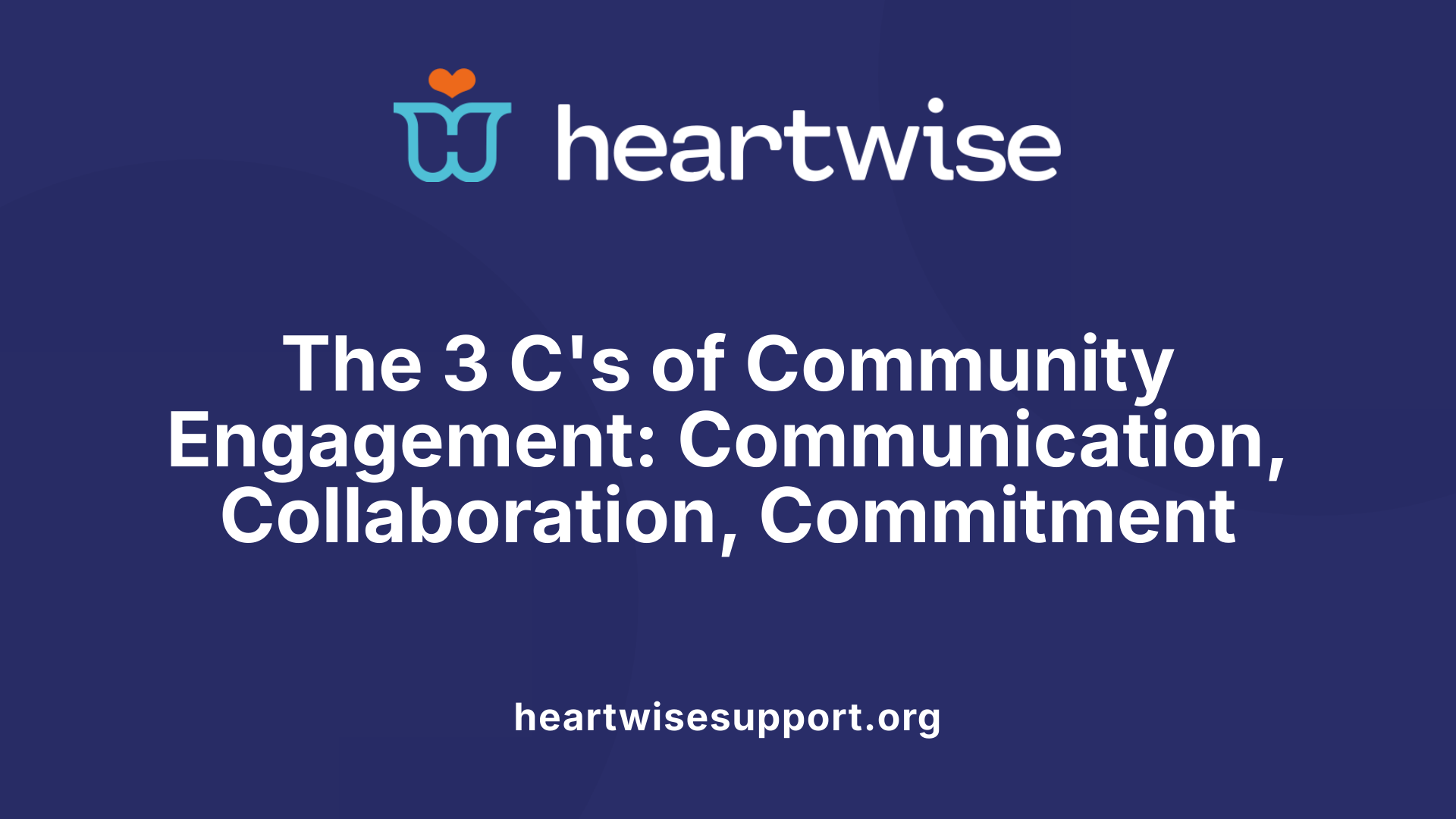
What are the 3 C's of community engagement?
The 3 C's—Communication, Collaboration, and Commitment—form the foundation of effective community involvement.
Communication involves transparent, open exchanges between organizations and community members. It ensures everyone is informed and has opportunities to share their perspectives.
Collaboration emphasizes active cooperation. It encourages stakeholders to work together towards common goals, leveraging diverse talents and resources.
Commitment relates to ongoing dedication. Sustainable engagement requires continuous effort, building trust over time, and showing respect for community needs.
Applying these principles helps foster a sense of trust and belonging, vital for long-term engagement. Strategies like creating engaging content, hosting interactive activities such as contests or gamification, and empowering members to voice opinions deepen participation.
The goal is to nurture genuine relationships that sustain community involvement. When communities feel heard, respected, and involved, they are more likely to remain active, loyal, and invested in shared objectives.
How Community Engagement Develops Core Social Skills
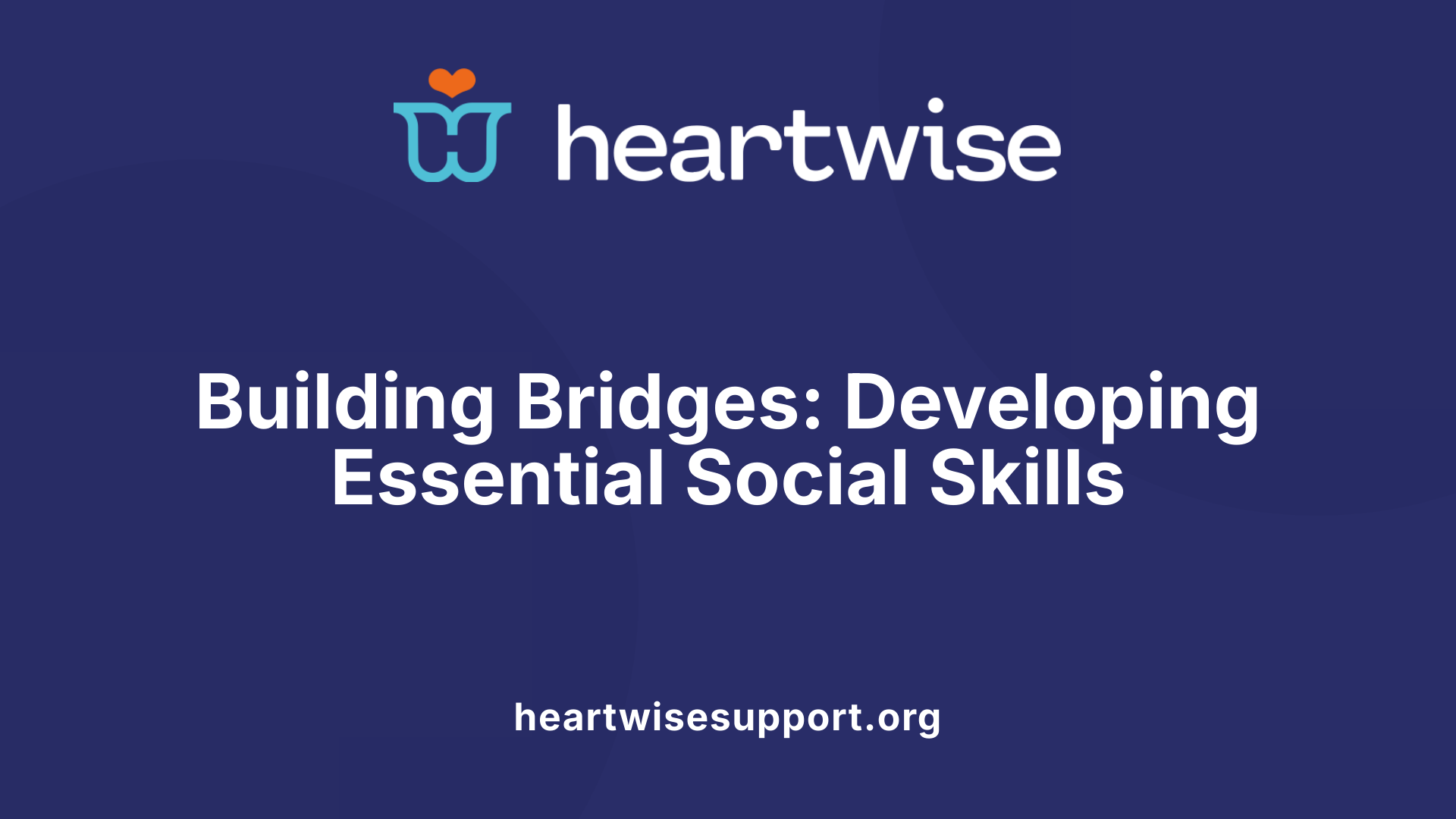
How does community engagement help develop social skills?
Community engagement offers valuable opportunities for individuals to practice and strengthen essential social skills such as communication, teamwork, empathy, and problem-solving. When people participate regularly in community activities—whether volunteering, attending local events, or collaborating on initiatives—they build meaningful relationships with others.
Engaging in shared goals and group efforts fosters cooperation and effective dialogue. It encourages participants to listen actively, express ideas clearly, and work toward common objectives. These experiences enhance conflict resolution abilities and decision-making skills, which are crucial in personal and professional contexts.
Participating in inclusive activities exposes individuals to diverse perspectives, bolstering cultural awareness and empathy. As people navigate social interactions, they develop confidence and social competence, leading to a stronger sense of belonging.
Building relationships through community involvement not only improves interpersonal skills but also nurtures understanding and mutual respect among different groups. In summary, community participation acts as a practical platform for cultivating the social skills vital for personal development and societal cohesion.
Community Engagement as a Catalyst for Leadership and Social Responsibility
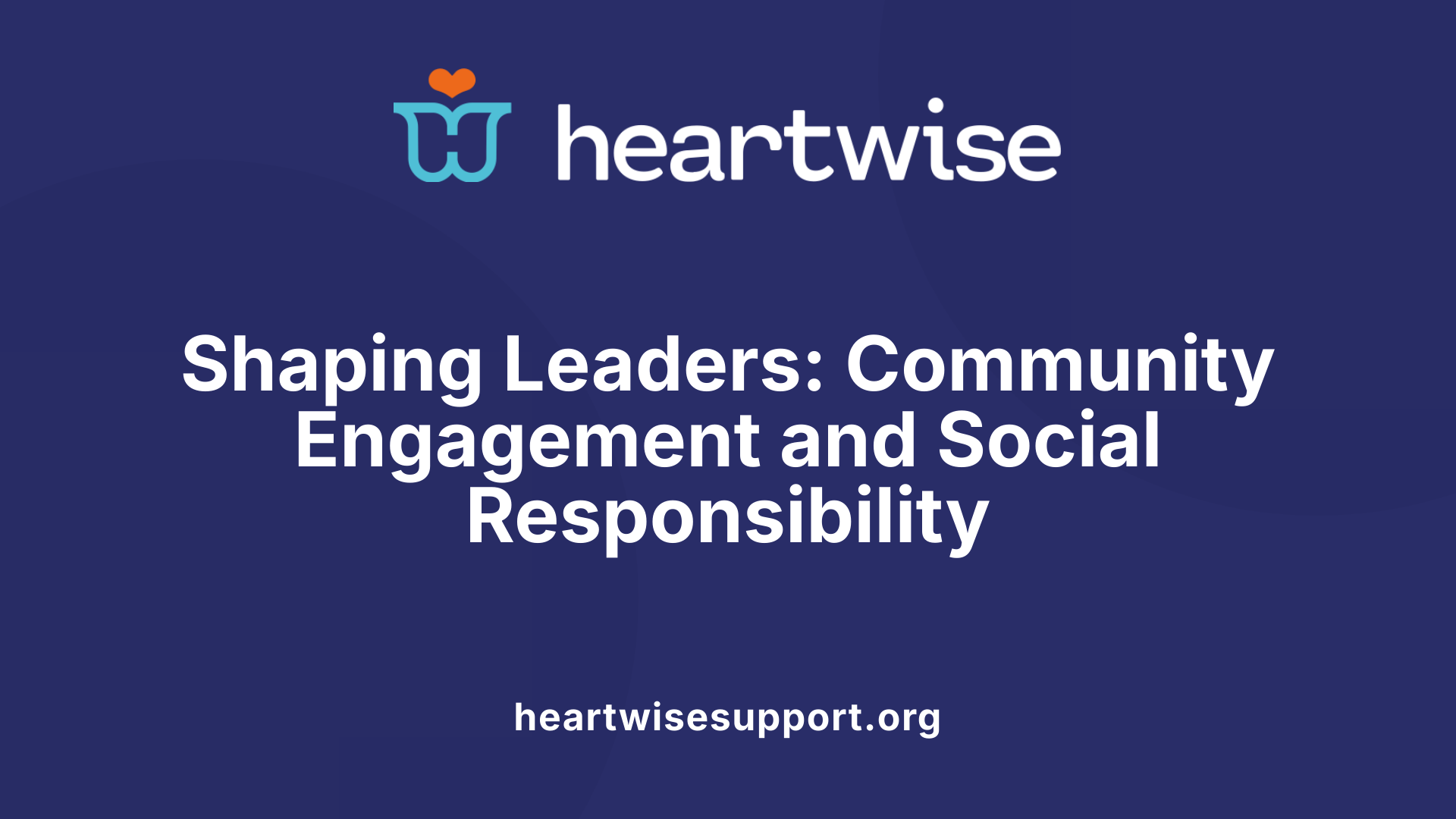
How can community engagement help develop leadership skills and social responsibility?
Participating in community activities offers a practical platform for cultivating leadership qualities. When individuals get involved in diverse community projects—be it volunteering at local events or leading initiatives—they gain hands-on experience in organizing, communicating, and decision-making. Such activities encourage a sense of ownership over community outcomes, fostering responsibility and accountability.
Engagement also nurtures empathy and understanding by exposing participants to different perspectives and social issues. This broadens their capacity for social awareness and compassion, essential traits for future leaders. Navigating complex social dynamics during community work helps individuals build confidence and resilience, vital for leadership roles.
By taking initiative within community settings, individuals learn to motivate others, coordinate efforts, and address collective needs. These experiences not only bolster personal growth but also cultivate a sense of civic duty, inspiring ongoing participation and leadership development.
This process creates a cycle where empowered individuals become agents of positive change, encouraging others to engage and lead, thereby strengthening the social fabric and promoting sustainable community development.
Opportunities for individual empowerment and initiative-taking
Community engagement provides numerous chances for people to step into leadership roles, from spearheading local projects to organizing advocacy campaigns. Such opportunities enable individuals to practice decision-making, problem-solving, and teamwork—core skills for effective leadership.
Building confidence, ownership, and civic duty
Engagement activities instill a sense of ownership and pride in community achievements. Feeling responsible for positive change enhances self-esteem and motivates continuous involvement, reinforcing civic duty.
Nurturing future community leaders and engaged citizens
Long-term involvement supports the development of leadership pipelines within communities. Today’s volunteers can become tomorrow’s organizers and decision-makers, ensuring the sustainability of community efforts and fostering a culture of active citizenship.
The Role of Community Engagement in Social Mobilization and Change
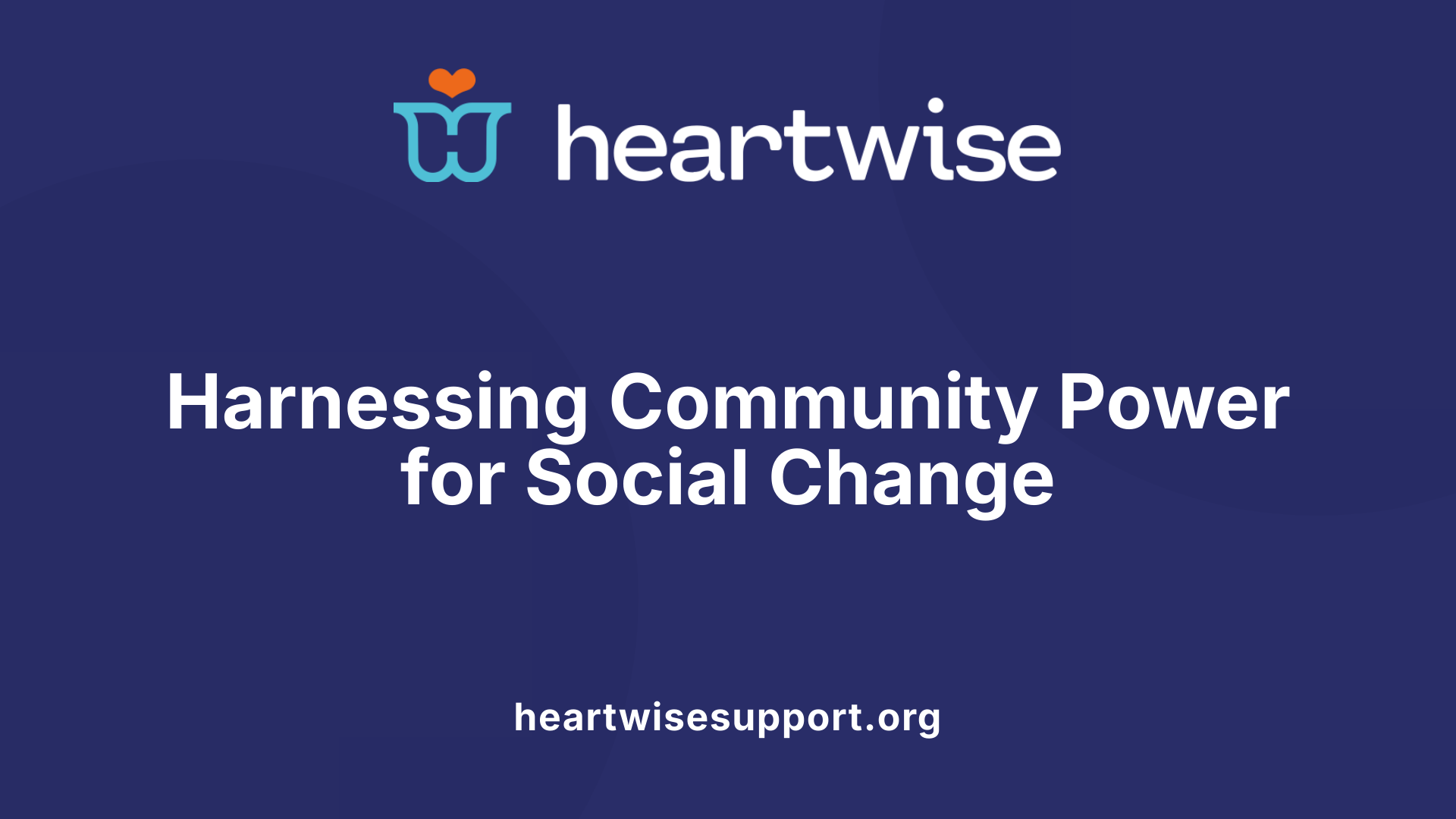
What role does community engagement play in social mobilization?
Community engagement is fundamental to social mobilization, as it creates a sense of shared belonging and responsibility among residents. When individuals feel connected to their community, they become motivated to collaborate on common goals. This collective sense of ownership encourages citizen participation in identifying local issues and developing practical solutions.
Active engagement fosters trust between community members, organizations, and local authorities. By listening to diverse voices and mobilizing a broad base of support, communities can effectively address challenges related to health, education, environment, and social justice. Programs that build on local assets and encourage participation tend to have more sustainable outcomes, as they reflect the community’s priorities and cultural dynamics.
How can community engagement drive social change?
Community involvement directly contributes to societal transformation by harnessing collective energy and intelligence. When neighborhoods unite to tackle pressing issues like inadequate educational resources or environmental concerns, they often see more innovative and inclusive solutions emerge.
Engaged communities are empowered to participate in decision-making processes, advocate for policy reforms, and launch projects that generate tangible improvements. Collaboration among residents, local groups, businesses, and government fosters stronger leadership and promotes a culture of inclusivity.
Measuring the impact of these efforts is crucial for maintaining momentum and refining strategies. Successful community engagement results in resilient neighborhoods, where social cohesion is strengthened, and positive changes are embedded into the fabric of local life. Overall, by encouraging dialogue, participation, and shared action, community engagement becomes a powerful catalyst for sustainable social change.
Community Engagement in Education and Youth Development
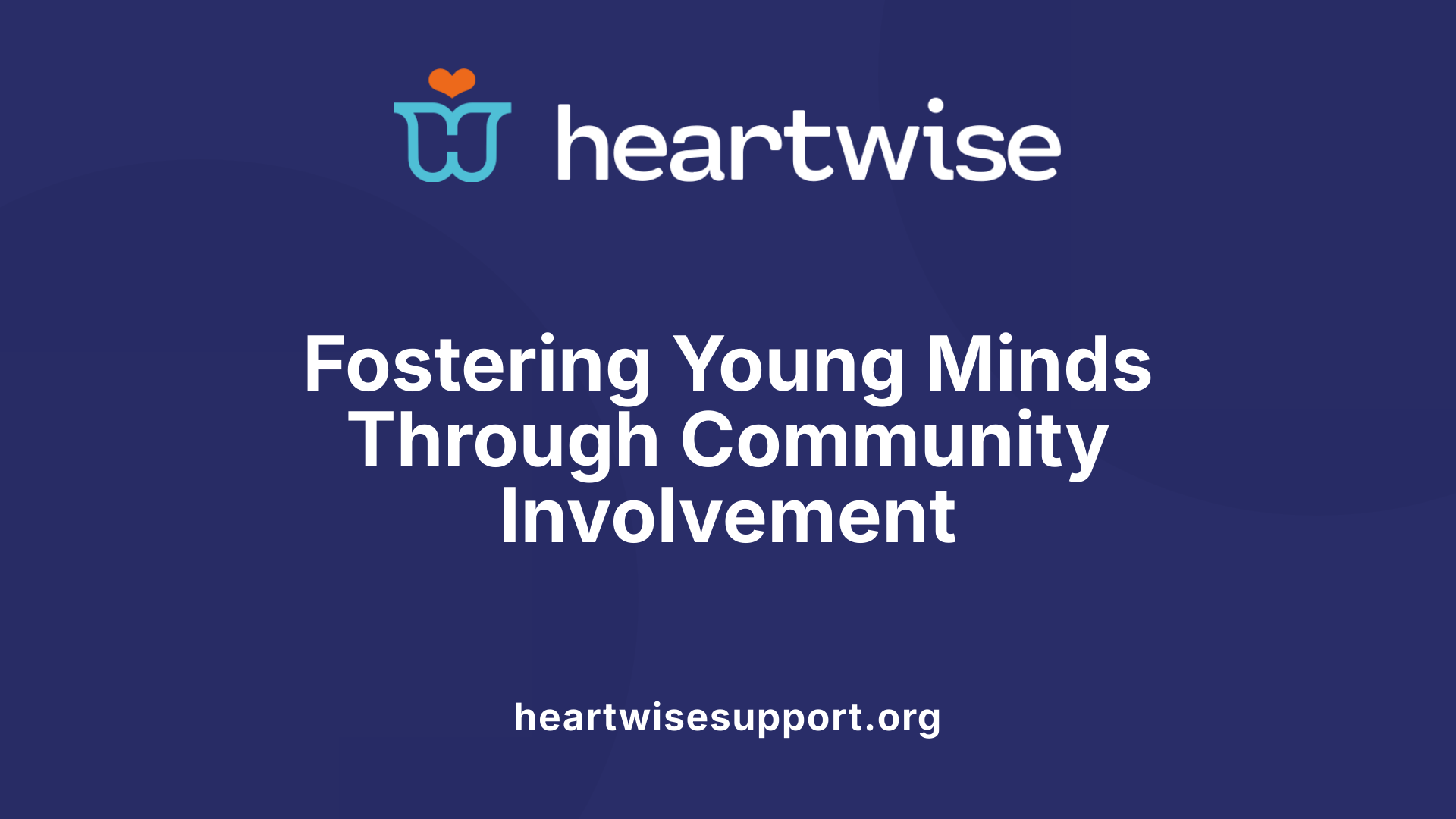
How does community engagement influence educational outcomes?
Community involvement in schools plays a vital role in improving many aspects of student experience and success. Students who participate in community-engaged activities tend to achieve higher academic results, demonstrate improved social skills and behavior, and exhibit greater attendance and motivation. Schools promoting active engagement foster a sense of belonging and support that helps students stay committed to their education.
Furthermore, community engagement encourages resilience and confidence among students through mentorship programs and collaborative projects. These activities help young learners develop important social skills such as teamwork, empathy, and communication.
Partnerships with local organizations provide additional educational resources, including workshops, tutoring, access to technology, and scholarships. Such resources broaden learning opportunities beyond the classroom, making education more accessible and engaging.
Parental involvement is another critical element. Workshops, communication channels, and family events create stronger connections between home and school, reinforcing students' social skills and academic motivation.
Collaboration with local businesses and organizations offers practical experience through internships and extracurricular activities. These opportunities help students gain real-world skills and career insights.
Educators play a role by integrating community resources into lessons, hosting outreach programs, and connecting students with mentors who can guide their academic and personal development. All these efforts collectively contribute to creating supportive environments that promote academic achievement and social growth.
Building Social Skills in Individuals with Disabilities through Community Engagement
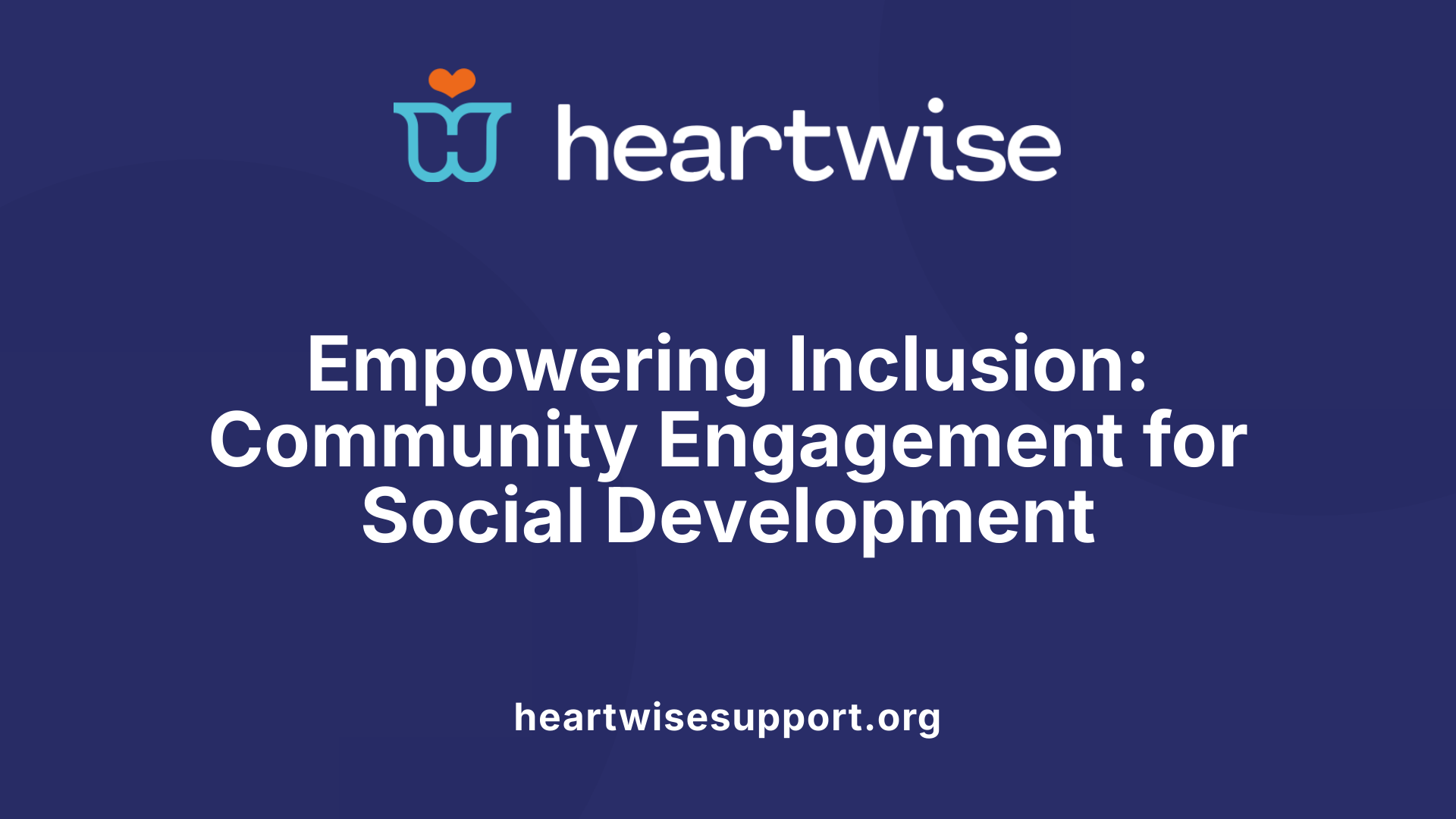
How does community engagement support social skills development for individuals with disabilities?
Community engagement is a vital tool for fostering social skills among individuals with disabilities. It involves active participation in community activities that are meaningful and tailored to their interests and needs. When individuals engage with their local communities, they have opportunities to learn new skills, build relationships, and develop confidence.
Participating in community events, volunteer programs, or local groups allows individuals with disabilities to expand their social networks. These networks can provide essential mental health support through friendships and mentorship. Such relationships often encourage positive interactions, teach communication skills, and help individuals advocate for themselves.
Moreover, community involvement offers real-world experiences that are invaluable for exploring work interests. Through participation, individuals can discover personal strengths, gain practical skills, and gradually transition into paid employment. Volunteering or community-based projects also help in building resumes, fostering independence, and enhancing workplace social skills.
By engaging actively in community activities, individuals with disabilities gain the tools to relate better to diverse groups, improve their self-esteem, and develop a sense of belonging. This holistic approach not only enhances their social and emotional well-being but also empowers them to become more self-sufficient and integrated within society.
Building Bridges for a Better Society
Community engagement is an essential catalyst for developing social skills, fostering leadership, and creating social change. By actively participating in community activities—be it volunteering, educational programs, or health initiatives—individuals learn vital skills like communication, empathy, teamwork, and problem-solving. These skills not only enhance personal growth but also contribute to stronger, more inclusive, and resilient communities. Effective strategies grounded in mutual respect, cultural understanding, and sustained commitment can harness the full potential of community engagement, transforming societies into places where everyone can thrive and contribute positively.
References
- Community Engagement - Benefits of Community Service
- The Importance of Social and Community Participation | Scope Au
- Community Engagement: Definitions, Benefits & Examples
- A review of strategies and levels of community engagement in ...
- Why, What and How of Community Outreach and Engagement
- Fostering Community Engagement with Positive Psychology
- Social and Behaviour Change-Community Engagement - Unicef











